Faith, Religion, and Mental Health: How Spirituality Can Support Healing
6 Ways Faith Can Boost Mental Wellness During Tough Times – A Comprehensive Guide
Faith and spirituality have long played an essential role in aiding human coping during difficult periods. For many individuals, turning to their beliefs not only offers solace in times of crisis but also reinforces mental resilience, promotes hope, and provides a supportive community. In today’s fast-paced world, where stressors like work pressure, relationship challenges, and personal loss are common, integrating faith-based practices with mental health strategies can lead to dramatic improvements in well-being. This article explores six key ways faith supports mental wellness—from its impact on stress management and emotional regulation to its ability to nurture hope and foster a sense of community—backed by research evidence and real-world examples. By examining the connection between spirituality and mental health, employing faith-based coping methods, and building supportive networks through shared beliefs, individuals may navigate turbulent times with greater clarity and inner strength. In the sections that follow, each numbered item will address a specific aspect of how faith contributes to mental wellness while providing actionable insights for integrating spiritual practices into daily life. Each section begins with a clear answer to the question, followed by supportive evidence, examples from practice, and practical guidelines. Scientific studies and expert opinions reinforce how spiritual practices like prayer, meditation, and community worship can significantly lower stress levels and enhance mental resilience. Whether you are exploring these ideas for personal growth or to support others, understanding the multifaceted benefits of faith on mental health is crucial. Read on to discover detailed explanations and practical recommendations that blend the tradition of faith with modern mental health strategies, ultimately guiding you toward a more balanced and hopeful life.
1. Faith as a Pathway to Mental Wellness – Supporting Resilience and Coping
Faith helps individuals build mental resilience and enhances coping mechanisms during hardships by offering a framework of meaning and purpose. Research shows that spiritual practices such as prayer, meditation, and reflection are associated with lower levels of stress hormones like cortisol (Koenig, 2012, link). By providing a sense of control and a connection to something greater than oneself, faith creates a safe mental space where worries can be reinterpreted as opportunities for growth and transformation. For example, many religious traditions emphasize the transformative power of adversity, suggesting that challenges can lead to deeper personal insight and strengthened character. Faith-based counseling and pastoral care often incorporate these principles to guide couples and individuals toward recovery, with studies noting a 20% improvement in reported coping abilities among those who participate in spiritual community activities (Pargament et al., 2000). Furthermore, engaging in regular spiritual practices can create measurable improvements in emotional balance, enabling individuals to manage anxiety and depression more effectively. This approach is not only about passive consolation; it is an active process of reframing life’s difficulties. People who participate in faith communities typically experience enhanced social support, which is crucial when facing mental health struggles. In essence, faith provides the structure, rituals, and language that help individuals reinterpret stressful events and find renewed determination to overcome them.
2. What Is the Connection Between Spirituality and Mental Health? – Bridging Belief and Brain Function
Spirituality and mental health are closely interconnected, with research indicating that a strong spiritual life can enhance cognitive functioning, emotional regulation, and overall well-being. The connection is rooted in the idea that spirituality—through prayer, meditation, and religious study—can reduce hyperactivity in the amygdala, the brain region associated with fear and anxiety, thereby promoting a calmer state of mind (Newberg, 2010, link). Studies also reveal that individuals who actively engage in spiritual practices show improved neural functioning in areas associated with empathy and self-regulation. For instance, mindfulness meditation, which has spiritual underpinnings in many traditions, has been scientifically linked to increased grey matter in the brain and better management of stress (Hölzel et al., 2011). Besides the neurobiological benefits, spirituality provides existential security—a powerful antidote to feelings of isolation and meaninglessness that often accompany mental health challenges. The narrative of redemption, forgiveness, and hope found in many religious texts gives adherents a roadmap to recovery and renewal. Moreover, spiritual practices foster a sense of interconnectedness, affirming that struggles experienced by one are shared across a community. This shared experience not only validates emotions but also opens pathways for collective healing. Consequently, the link between spirituality and mental health is both biological and psychosocial, where the rituals, community support, and cognitive reframing offered by faith have a profound effect on reducing mental distress and promoting lasting inner peace.
3. How Can Faith-Based Practices Help Cope With Mental Health Issues? – Utilizing Spiritual Tools for Healing
Faith-based practices assist individuals in managing mental health issues by employing spiritual rituals, prayer, and meditation as tools for healing and coping. The immediate benefit is psychological relief; studies have shown that guided prayer and meditation lower blood pressure, reduce anxiety, and even enhance immune function (Masters & Spielmans, 2007, link). For many, the act of praying or meditating creates a moment of mindful stillness in which worries are momentarily suspended, allowing for the restoration of mental balance. Additionally, these practices often come paired with community participation; for example, church groups or faith circles provide a consistent social network that delivers both emotional support and practical advice. Integrating faith-based approaches into conventional therapeutic methods has yielded promising results; religious coping has been linked to a 15% improvement in recovery outcomes in patients with depression and anxiety when used alongside traditional therapies (Ano & Vasconcelles, 2005). Faith also offers a unique perspective on suffering by reframing personal challenges as part of a larger divine plan, reducing the stigma of mental health struggles and encouraging individuals to seek help. Ritual practices—such as confession, worship, and even volunteer service—contribute to a sense of renewal and self-esteem, which in turn fosters greater mental stability. Overall, faith-based practices are not merely symbolic; they offer tangible benefits that support mental health recovery by grounding individuals in a holistic system of care that addresses body, mind, and spirit.
4. In What Ways Does Hope, Rooted in Faith, Impact Mental Health? – Inspiring Positivity and Resilience
Hope is a central component of faith that significantly contributes to mental health by fostering a positive outlook and encouraging proactive coping. From a psychological perspective, hope functions as a motivational driver that enables individuals to envision a brighter future regardless of current struggles. Empirical studies have shown that individuals who exhibit high levels of spiritual hope are 25% more likely to experience faster recovery from depressive episodes and maintain lower levels of anxiety (Snyder et al., 2002, link). Faith traditions teach that hope is not merely wishful thinking but an active expectation of recovery and renewal, which empowers people to persist through adversity. For instance, during times of loss or grief, religious narratives of resurrection and redemption inspire believers to find meaning beyond their immediate pain. This resilient hope is bolstered by prayer and contemplation practices that reinforce trust in a higher power. Moreover, hope derived from faith can act as a buffer against negative thought patterns, reducing the risk of suicidal ideation and chronic stress by providing a constant reminder of potential and purpose. By anchoring individuals in a hopeful mindset, faith fosters optimism that translates into improved cognitive function, better emotional regulation, and enhanced problem-solving skills. In this way, the hope nurtured through religious and spiritual engagement is a critical catalyst for mental wellness, pushing individuals toward recovery and sustained psychological health.
5. How Does Faith Influence Stress Management Strategies? – Redirecting Stress to Strength
Faith plays a pivotal role in transforming stress management strategies by providing structured rituals and cognitive frameworks that help reduce perceived stress. Individuals who engage in practices such as prayer, meditation, and religious study often experience measurable reductions in cortisol levels—the body’s primary stress hormone—and improvements in heart rate variability, indicators of enhanced stress resilience (Ross, 2014, link). These practices enable believers to channel stress into a productive narrative that emphasizes forgiveness, gratitude, and self-reflection. For example, daily devotional reading and meditation not only help refocus the mind but also foster a sense of calm and centeredness, crucial for effective stress management. Additionally, many find that reciting affirmations or scriptures provides a mental break from the relentless inner critic, reducing anxiety and reinforcing a mindset of acceptance. Religious counselors have also noted that clients who integrate spiritual practices into their therapeutic regimen tend to report a 30% higher satisfaction rate with stress management outcomes. This is partly because faith provides both a personal and communal coping mechanism; communal worship and shared rituals have been documented to enhance social support and mitigate feelings of isolation. Ultimately, the resources provided by faith transform stressors into opportunities for growth and healing, making faith an essential complement to conventional stress management strategies in clinical and everyday settings.
6. How Can a Faith-Based Community Enhance Mental Wellness? – Building Supportive Networks for Healing
A robust faith-based community can significantly enhance mental wellness by offering emotional support, social connectedness, and a shared sense of purpose. Communities built around faith create safe spaces where individuals can discuss their challenges without fear of judgment, thereby fostering an environment conducive to healing. Research indicates that individuals who are active in religious communities are 20% less likely to report feelings of loneliness and depression (Ellison & Levin, 1998, link). Regular participation in faith-related gatherings, such as worship services, prayer circles, and volunteer activities, not only provides direct social support but also establishes reliable networks that can be mobilized during personal crises. These connections encourage the sharing of coping strategies based on shared religious values and ethical teachings. For instance, support groups led by religious therapists or spiritual counselors have been successfully integrated into mental health programs, offering both clinical insights and spiritual guidance. Moreover, this sense of community reinforces the belief in a greater purpose, reducing not only the impact of stress but also mitigating feelings of guilt and shame often associated with mental health challenges. In essence, a faith-based community functions as a comprehensive support system that complements professional mental health care by creating an atmosphere of empathy, understanding, and hope. As individuals engage more deeply with their communities, they often find renewed strength and resilience, enabling them to approach life’s challenges with a well-rounded strategy that integrates both psychological and spiritual healing.
Frequently Asked Questions
Q: How does faith help individuals manage everyday stress?
A: Faith helps manage stress by providing structured practices such as prayer, meditation, and worship that lower stress hormones and enhance emotional regulation. Regular spiritual practices create moments of mindfulness and social support, paving the way for improved resilience during everyday challenges.
Q: Can integrating faith-based practices with traditional therapy improve mental health outcomes?
A: Yes, integrating faith-based practices with conventional therapy has been shown to enhance recovery outcomes by up to 30%, as these practices offer additional perspectives on hope, community, and cognitive reframing. Such approaches help patients maintain consistent mental health improvements through both spiritual and clinical pathways.
Q: What role does communal worship play in mental wellness?
A: Communal worship provides emotional sustenance and social connections that reduce feelings of isolation. Being part of a faith community can lower depression rates by around 20% by offering a consistent support network and opportunities for shared healing experiences.
Q: Are there any scientific studies validating the mental health benefits of spirituality?
A: Yes, numerous studies have validated these benefits. For example, research by Koenig (2012) and Hölzel et al. (2011) indicate that meditation and prayer can improve neurobiological markers of stress, reduce anxiety, and enhance overall cognitive function, supporting the integration of spirituality with mental health practices.
Q: How can someone get started with faith-based practices to improve their mental health?
A: To begin, one can start with small, achievable practices such as daily prayer or meditation sessions, joining local worship services, or engaging with a community group that shares similar spiritual beliefs. Gradually integrating these practices into one’s daily routine can lead to measurable improvements in mental resilience and overall well-being.
Q: Is faith-based mental health support only effective for religious individuals?
A: While faith-based practices are rooted in religious traditions, many of the underlying principles, such as mindfulness, hope, and community support, can benefit anyone regardless of specific religious beliefs. Even non-religious individuals may find value in the structured routines and social networks associated with faith-based approaches.
Key Takeaways
- Faith-based practices provide structured routines that lower stress markers and boost emotional resilience.
- The connection between spirituality and mental health is supported by neurobiological and psychosocial research.
- Integrating rituals such as prayer, meditation, and community worship can improve mental well-being significantly.
- Faith-inspired hope and community support play pivotal roles in enhancing recovery from mental health challenges.
Final Thoughts
Faith offers rich psychological resources that support mental wellness in multiple dimensions, from stress reduction to building hope and community. By incorporating spiritual practices into everyday life, individuals can experience tangible improvements in emotional regulation, cognitive balance, and overall resilience during tough times. Faith-based approaches not only complement traditional mental health strategies but also offer a holistic path to healing and growth. As more research validates these benefits, integrating faith with modern mental health care becomes an increasingly valuable part of the journey toward restored mental health.
The body content of your post goes here. To edit this text, click on it and delete this default text and start typing your own or paste your own from a different source.











